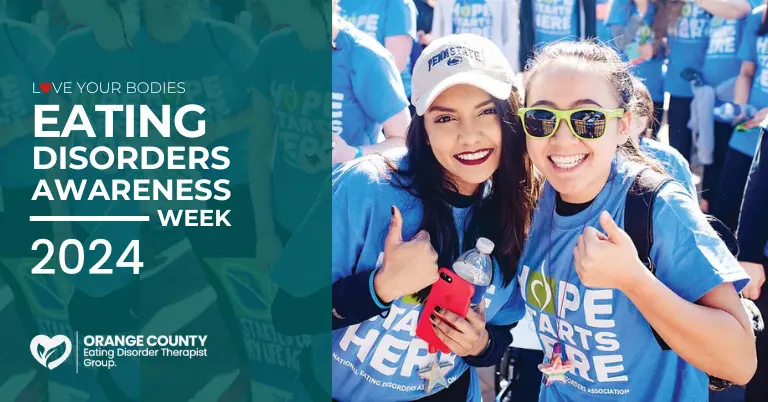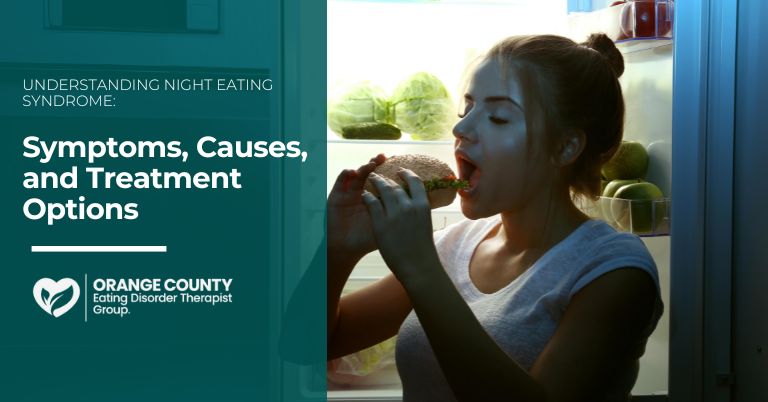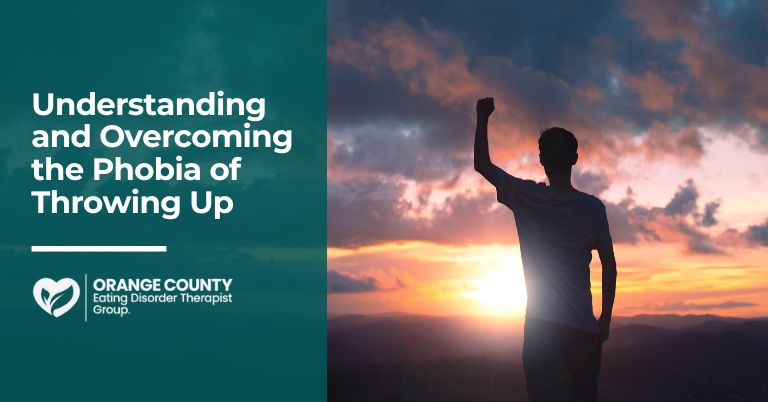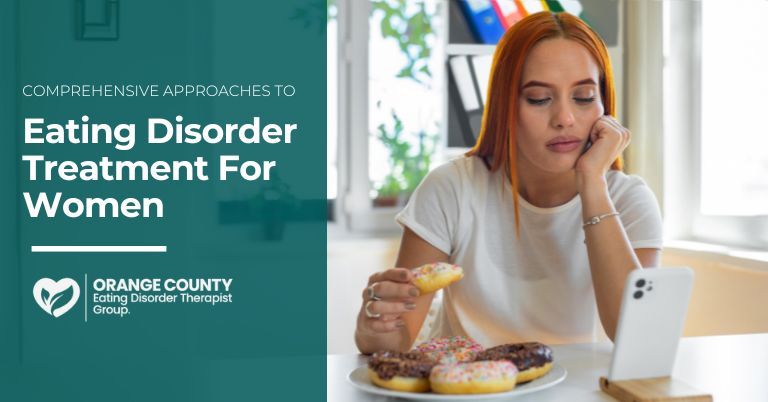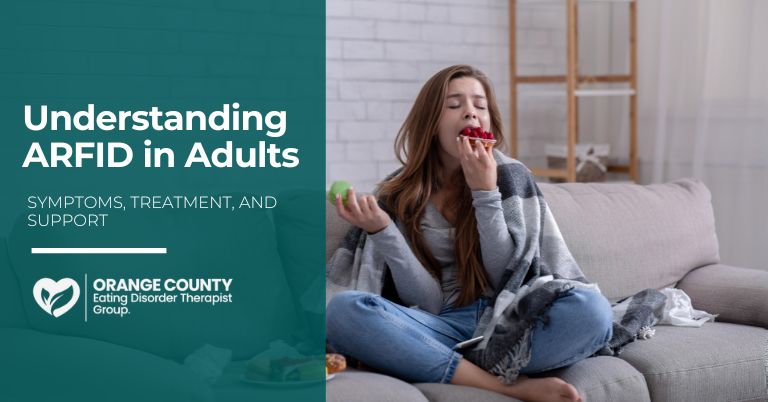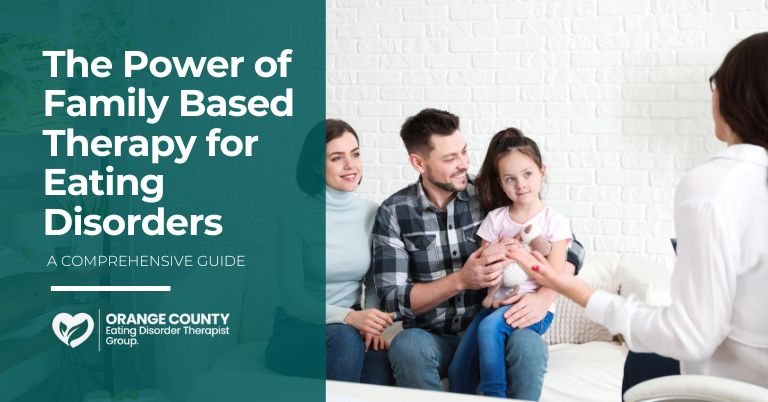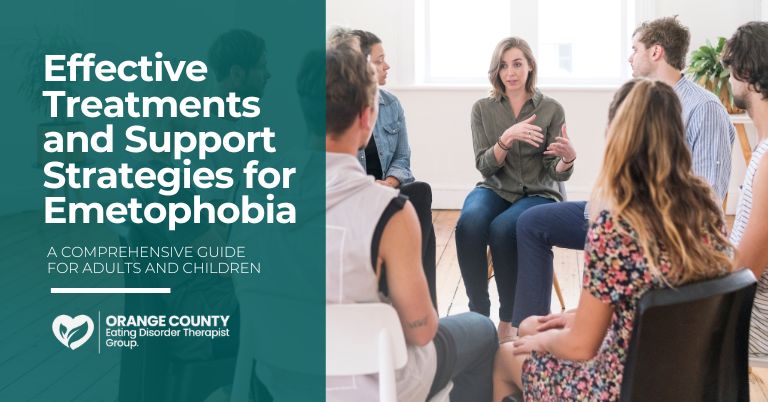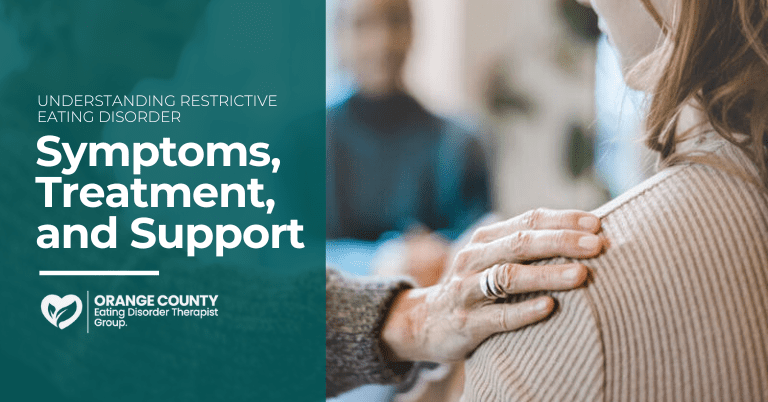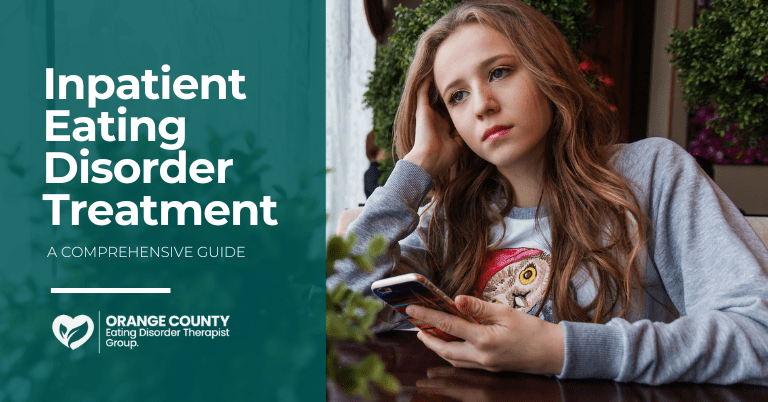Eating Disorder Awareness Week 2024
Around 1.25 million people in the US are affected by eating disorders. Throughout the Eating Disorder Awareness Week, we’ve been sharing valuable information and tips to support parents and caregivers dealing with the various eating disorders that impact the mental health of children and young people.
Weill Cornell Medicine aims to raise awareness for eating disorders during National Eating Disorders Awareness Week, taking place from February 25 to March 3 in 2024. These disorders significantly influence how individuals perceive and consume food.
During Eating Disorder Awareness Week (EDAW), themed “Strength through Experience and Knowledge,” we’re acknowledging that it’s time for a change, joining hands with other organizations and sharing our mission.
#EDAW 2024 presents an opportunity to focus on personal experiences and educating about eating disorders, both crucial for creating awareness and initiating change.
Facts about Eating Disorders
Eating disorders are both mental and physical illnesses that revolve around unhealthy relationships with food and serious disruptions in eating habits.
Three of the most widespread eating disorders are anorexia nervosa, characterized by severe food restriction; binge-eating disorder, involving consuming large amounts of food while feeling out of control; and bulimia nervosa, which includes binge-eating followed by compensatory behaviors such as vomiting or excessive exercise.
While eating disorders can affect anyone, several factors contribute to their development, including biological, psychological, and societal influences. These can involve issues with body image, weight stigma, personal trauma, and a family history of mental health problems.
An estimated 30 million individuals in the US grapple with an eating disorder, with 20 million being women and 10 million men.
It’s common for individuals with an eating disorder to experience other conditions simultaneously. In fact, one study found that 71% of people with an eating disorder also had a diagnosis of an anxiety or mood disorder.
Eating Disorder Awareness Week is a critical time to educate and inform people about these issues. Eating disorders have the highest mortality rate among mental illnesses. Sadly, in the US, at least one person dies every hour due to the direct effects of an eating disorder.
Eating Disorder Awareness Week 2024 – Why Now?
In these challenging times, the pandemic has led to a significant rise of over 50% in body image concerns, depression, anxiety, and symptoms of eating disorders. This surge has created a huge demand for services. It’s more crucial than ever to take action, raise awareness, and push for accessible treatment and support for these severe and potentially life-threatening mental illnesses.
Having a positive body image is essential in preventing eating disorders. Thus, it’s vital to equip all young individuals across the US with the tools, knowledge, and support to feel confident about their bodies, especially during Eating Disorder Awareness Week.
Last year’s theme, ‘The Time is Now,’ coincides with the launch of the National Eating Disorders Strategy 2023-2033. It’s a call for everyone, including government, organizations, services, and individuals, to come together to improve the system of care and enhance the lives of those affected by eating disorders.
Types of Eating Disorders
It’s crucial to seek help from a specialist for accurate diagnosis and appropriate treatment for eating disorders. Guessing or self-diagnosing can lead to further health complications.
There are various types of eating disorders, each affecting individuals differently. Some of the common ones include:
- Anorexia nervosa—This disorder involves avoiding food or severely restricting food intake, leading to extreme weight loss. People with anorexia often perceive themselves as overweight, or they fear gaining weight.
- Avoidant Restrictive Food Intake Disorder (ARFID)—Individuals with ARFID are highly selective about the amount or types of food they eat. Unlike anorexia, they don’t fear gaining weight. ARFID, most common in childhood, can hinder proper development due to insufficient food intake.
- Binge-eating disorder—This disorder entails consuming large amounts of food within a short time. Unlike bulimia, there’s no compensatory behavior. People with binge-eating disorders are often overweight or obese.
- Bulimia nervosa—Those with bulimia consume large quantities of food (binging) and then use extreme methods to rid themselves of the consumed food, such as self-induced vomiting, laxatives, or excessive exercise.
Remember, seeking professional help is vital for the proper diagnosis and treatment of these conditions.
Awareness Walks
In communities across the United States, NEDA (National Eating Disorders Association) hosts walks where local members gather to show support for those dealing with eating disorders.
These walks also aim to raise funds for eating disorder awareness, research programs, and accessible treatment and support. According to NEDA, these walks are among the biggest eating disorder awareness events nationwide.
NEDA keeps its events calendar regularly updated with the dates and locations of these walks. If you’re interested in participating, you can sign up multiple people as a team of walkers, join an existing team, or choose to attend as an individual. It’s a great way to show your support and contribute to this important cause.
Online Support Groups
The Eating Recovery Center (ERC) offers free weekly virtual support groups for various communities impacted by eating disorders. These groups, guided by trained facilitators, cater to different needs:
- Support for overcoming binge-eating
- Help for caregivers of children and teens with eating disorders
- Support for clinicians recovering from eating disorders
- Assistance for college students and young adults
- Support for LGBTQ+ community members
- Help for loved ones and caregivers of adults dealing with eating disorders
- Support tailored for people of color
- Assistance for individuals struggling with addictive behaviors
These virtual groups are a safe space for sharing experiences and getting support from others facing similar challenges.
How Can I Get Involved?
There are plenty of ways to make a difference and bring attention to eating disorders and body image concerns.
Whether it’s taking a step in your own recovery, sharing your story, learning how to support someone you care about, or getting involved in larger efforts, such as encouraging positive body image in schools or urging the government to implement strategies for eating disorders. Each action, big or small, contributes to spreading awareness and making a positive impact.
Looking for support and guidance in dealing with eating disorders and body image concerns can take various forms and involve a range of professionals. From finding an Eating Disorder Therapist near me or an Eating Disorder Specialist to connecting with an Eating Disorder Dietician, these individuals can play a crucial role in your journey towards recovery.
Understanding the Role of an Eating Disorder Therapist is essential. These professionals offer specialized Eating Disorder Counseling and therapies, aiding in the treatment of conditions like Bulimia or Anorexia. Their support is invaluable for those seeking recovery.
They are diverse, and seeking help from an Eating Therapist or Specialist nearby can be a significant step. Their guidance and expertise contribute to both personal recovery and the broader initiative to raise awareness about these critical issues, whether it’s promoting positive body image in schools or advocating for better strategies for addressing eating disorders.
Every action taken, whether big or small, adds to the collective effort to make a positive impact and increase awareness about these concerns.
Final Thoughts
As Eating Disorder Awareness Week 2024 comes to a close, let’s carry forward the shared knowledge, support, and understanding. Remember, the impact of our collective efforts, big or small, extends far beyond this week.
Let’s continue to advocate, support one another, and promote awareness year-round to create a more informed and compassionate community for those affected by eating disorders. Together, our ongoing actions can make a lasting difference in improving lives and fostering understanding.

